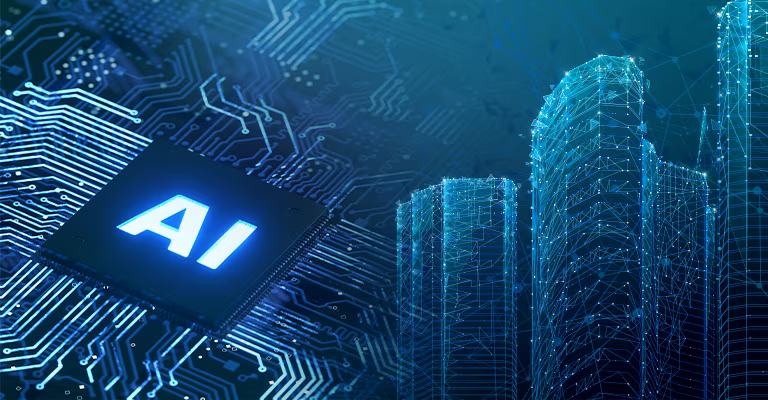We use cookies, including cookies from third parties, to enhance your user experience and the effectiveness of our marketing activities. These cookies are performance, analytics and advertising cookies, please see our Privacy and Cookie policy for further information. If you agree to all of our cookies select “Accept all” or select “Cookie Settings” to see which cookies we use and choose which ones you would like to accept.

This function is disabled on your cookie management.
To activate it, click on the link "Edit cookie settings" in the upper
right corner of this page.


Optimize Your Comfort and Energy Use with AI-based Air Conditioners
4/27/2023
27/4/2023
2023/04/27
-
We are living in a world we have never experienced before with a warming planet, carbon-based energy depletion and an increase in greenhouse gases, an Internet-based hyperconnected society, and intelligent machines based on AI (Artificial Intelligence) and big data technologies. AI and machine learning are reshaping our world and our lifestyles for the better. What does this mean for the world of HVAC? Let’s delve into the basics of AI technology and learn about how it is impacting professionals in our industry and improving the lives of our customers.


-
Machine Learning Powers AI
AI is currently being implemented in various fields as a "technology that embodies human intellectual abilities such as thinking and learning through computers". The core technology of AI can be identified as the learning ability of the device. While humans learned how to use devices and machines in the past, the introduction of AI is ushering in an era where machines are learning about people. With AI learning functionality, devices are able to interpret their surroundings and analyze and determine ideal conditions to provide optimal energy consumption and living environments.
-
AI Advances HVAC Control and More
Modern people spend more than 90 percent of their days indoors. Air conditioning manages the temperature, humidity, airflow, air distribution, floating dust, odors, bacteria, and hazardous gas concentrations in the spaces we occupy. Accordingly, an AI-based air conditioner has sensors that help deliver clear airflow to indoor environments while managing comfortable temperatures and humidity levels.
Air conditioner operation can be controlled automatically depending on the occupancy of a space. We no longer need to worry about whether we’ve turned off the air conditioner at home when we go out. Thanks to the air conditioner’s ability to sense movement on its own, it can turn itself off when no movement is detected. Furthermore, a smartphone can be used to monitor or control air conditioner operation. Since operation time and power consumption can be monitored, we no longer have to worry about our energy bills as excessive power consumption can be prevented by configuring target values in advance.
-
Advancing HVAC Service Through AI
In large-scale buildings, cloud-based operating systems can identify operation errors in advance for more effective system maintenance. If the air conditioner breaks down, system administrators and users can be notified of the issue through sensors and alarms. The system administrator can then analyze the system error and notify the maintenance engineer. The maintenance manager is now able to understand the issue and prepare the required tools, components, and materials before being dispatched. This service helps in the delivery of fast and accurate maintenance. Also, the use of a comprehensive database, operation management, and access to system maintenance history promotes faster response times and prevents additional energy consumption throughout the maintenance process.
-
As AI systems continue to develop, they will become an integral part of our world and improve the energy efficiency of many of the systems we use daily. In the future, AI technology is expected to improve the world by developing air conditioners to the stage where they can recognize human activities and understand our health and moods for more precise control and optimal conditions.